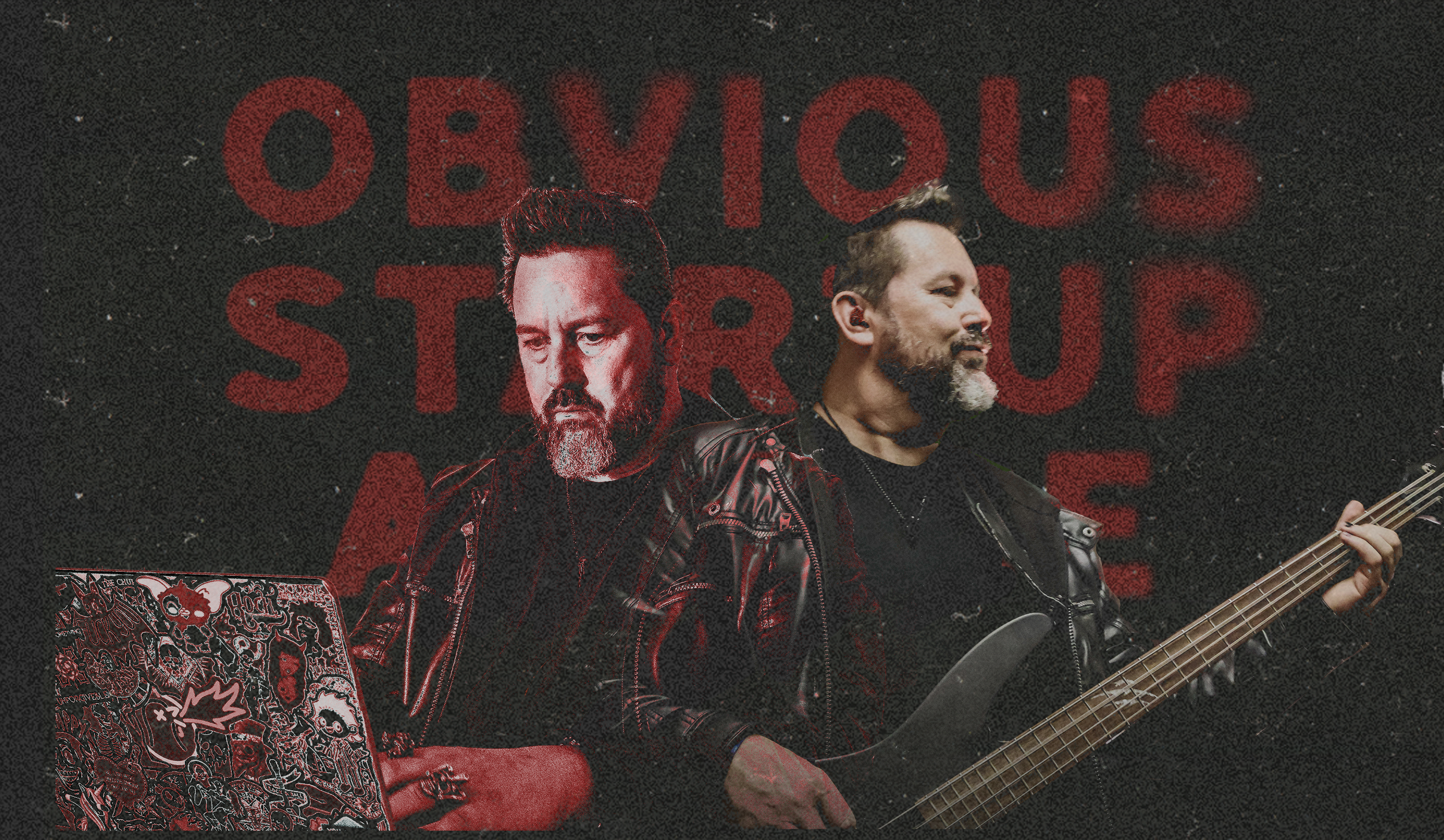

Most of what early-stage founders believe is wrong – the market they’re serving, the problem they're solving, the product they’re building, the resources they need.
I’m here to keep you alive so you can figure it out and build a company that matters, whether you measure that in dollars, impact or both.

WHY “OBVIOUS” STARTUP ADVICE?
Founders make dumb decisions because they don’t know better. Or, worse, they’re taught shitty strategies from influencers who suffer from survivorship bias and investors who take a portfolio approach.
Building a startup isn’t complicated, it’s just very different from what you’ve been told. I coach from a set of basic principles that you will use over and over again, in a wide variety of situations. What my clients say over and over is, “that makes so much sense – it seems obvious in retrospect.”
But remember – simple isn’t easy – so I’ll also bring some oft-needed accountability to the table. I’m your biggest cheerleader when things are hard (things are always hard). I kick your ass when it needs kicking. You will never wonder what I’m thinking.

WHO I COACH
I work with highly motivated startup CEOs. On occasion, I work with larger companies on new product development, but I have found that genuine humility and hunger are requirements for any successful client engagement and industry leaders often lack both.
My startup clients have usually raised capital (or are in the process of) and are developing or growing their first product or service.
My clients are smart, successful and ambitious. They are looking to grow their revenues and their own personal capabilities. They are open to outside feedback and ready to challenge their own beliefs. Over the years I have learned that this requires a combination of both humility and confidence.
I can and do fire clients who nod at the right places and then ignore all of my advice. I’m not always right — hell, I’m lucky to bat .300 — but you can, and should, ignore me for free. I commit to being your biggest advocate. You commit to busting your ass and building the best version of your company, and yourself.

